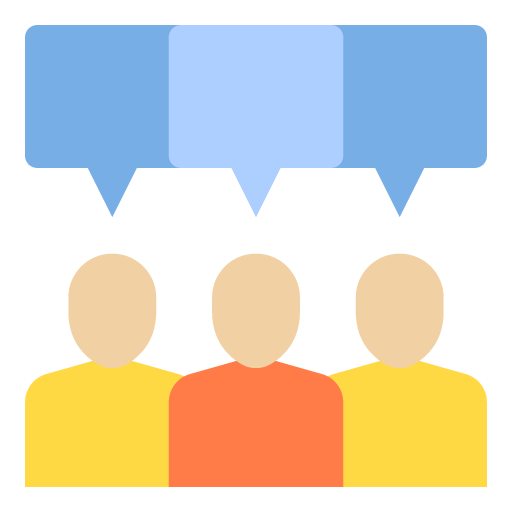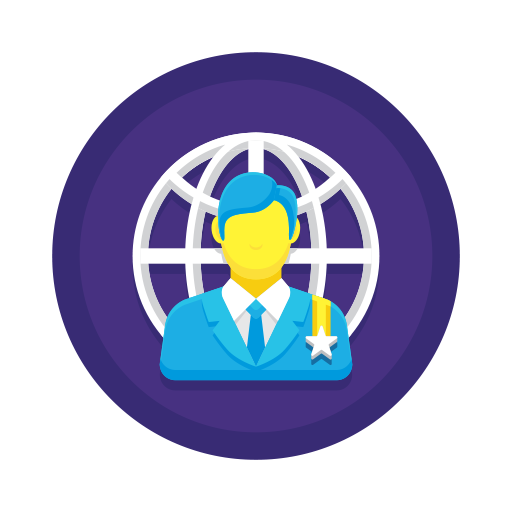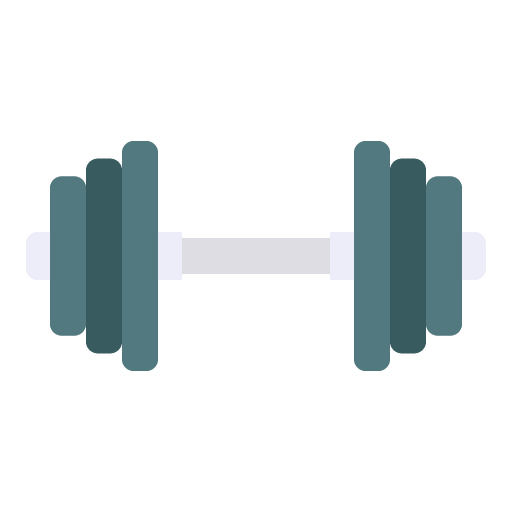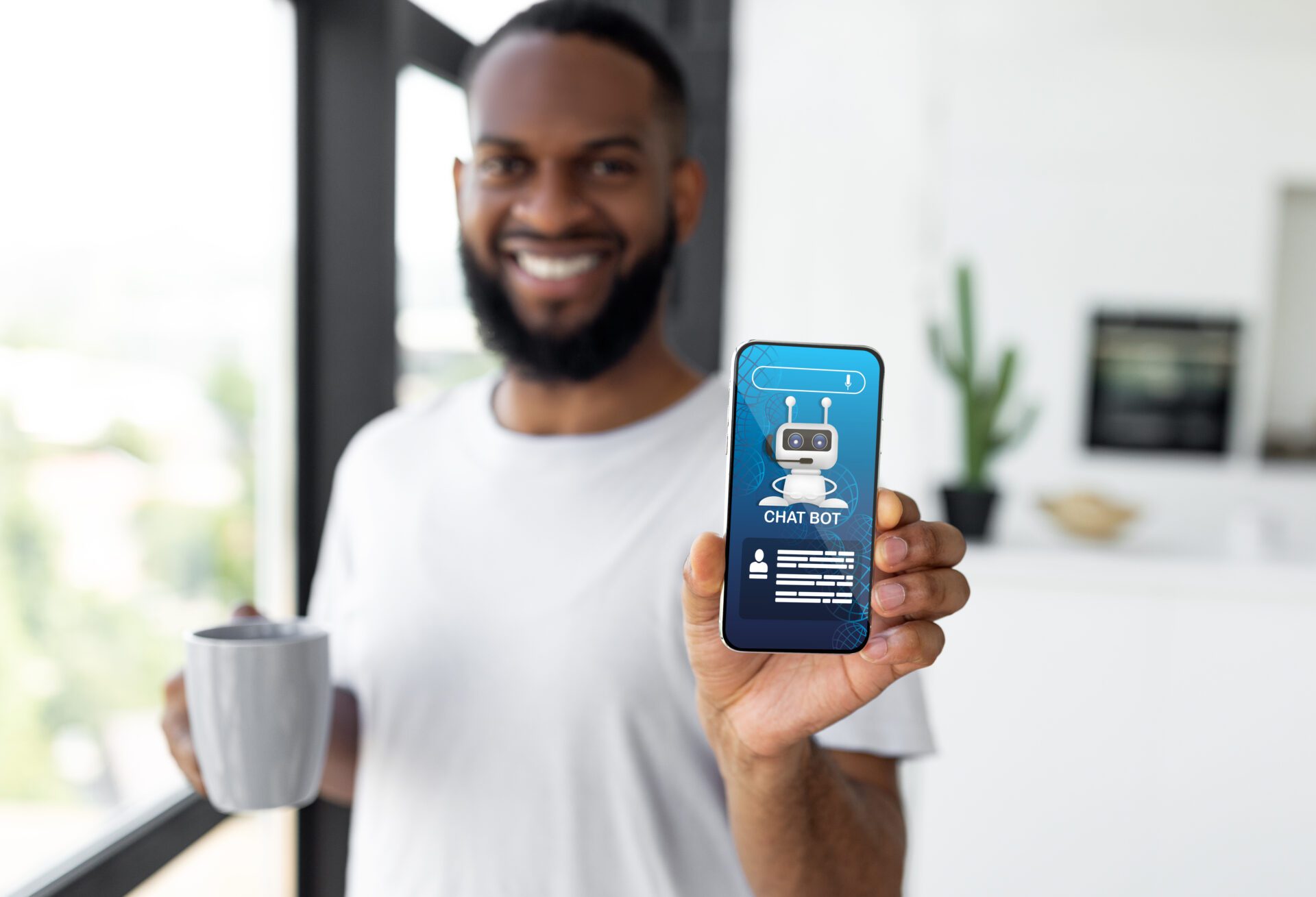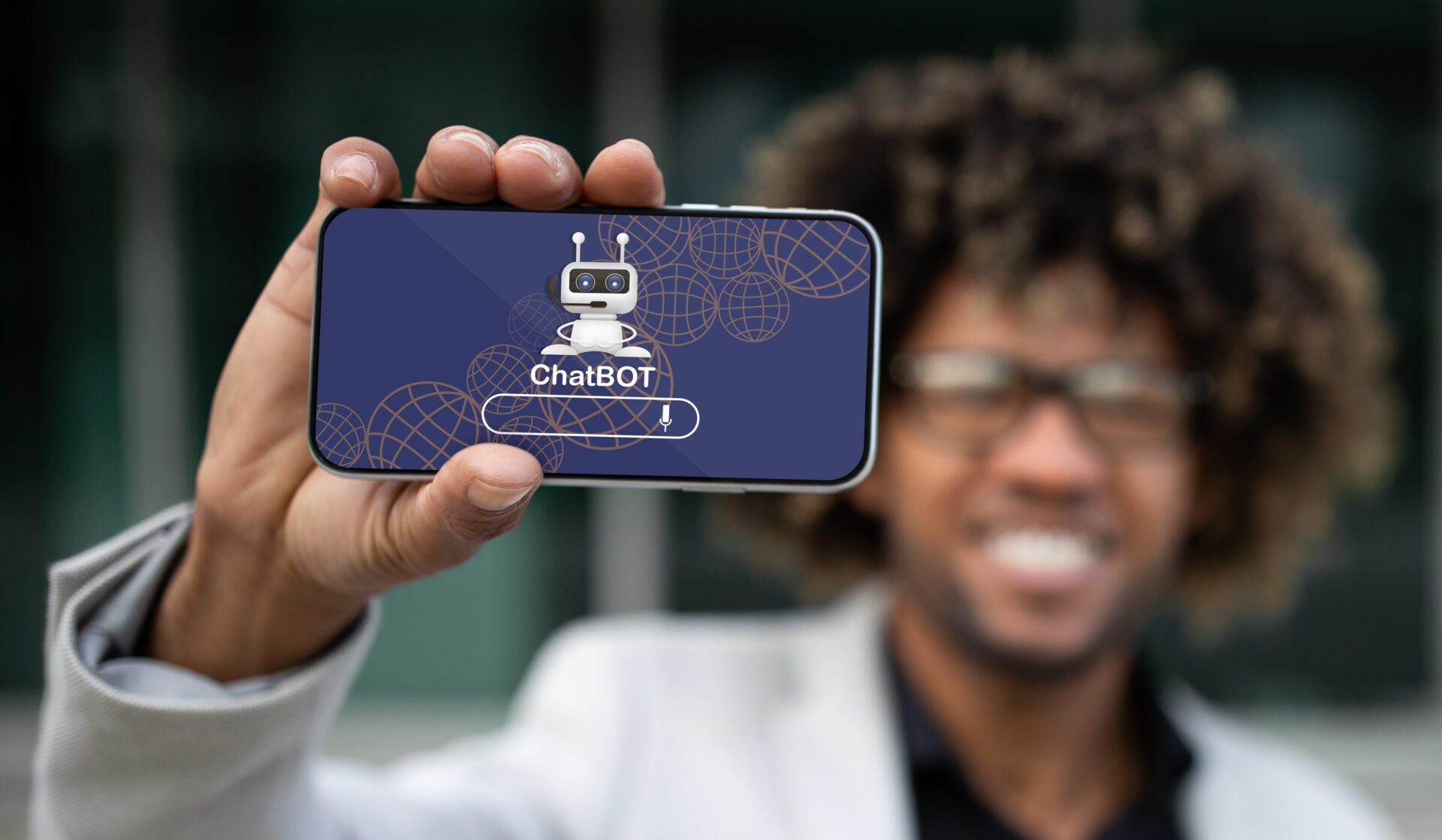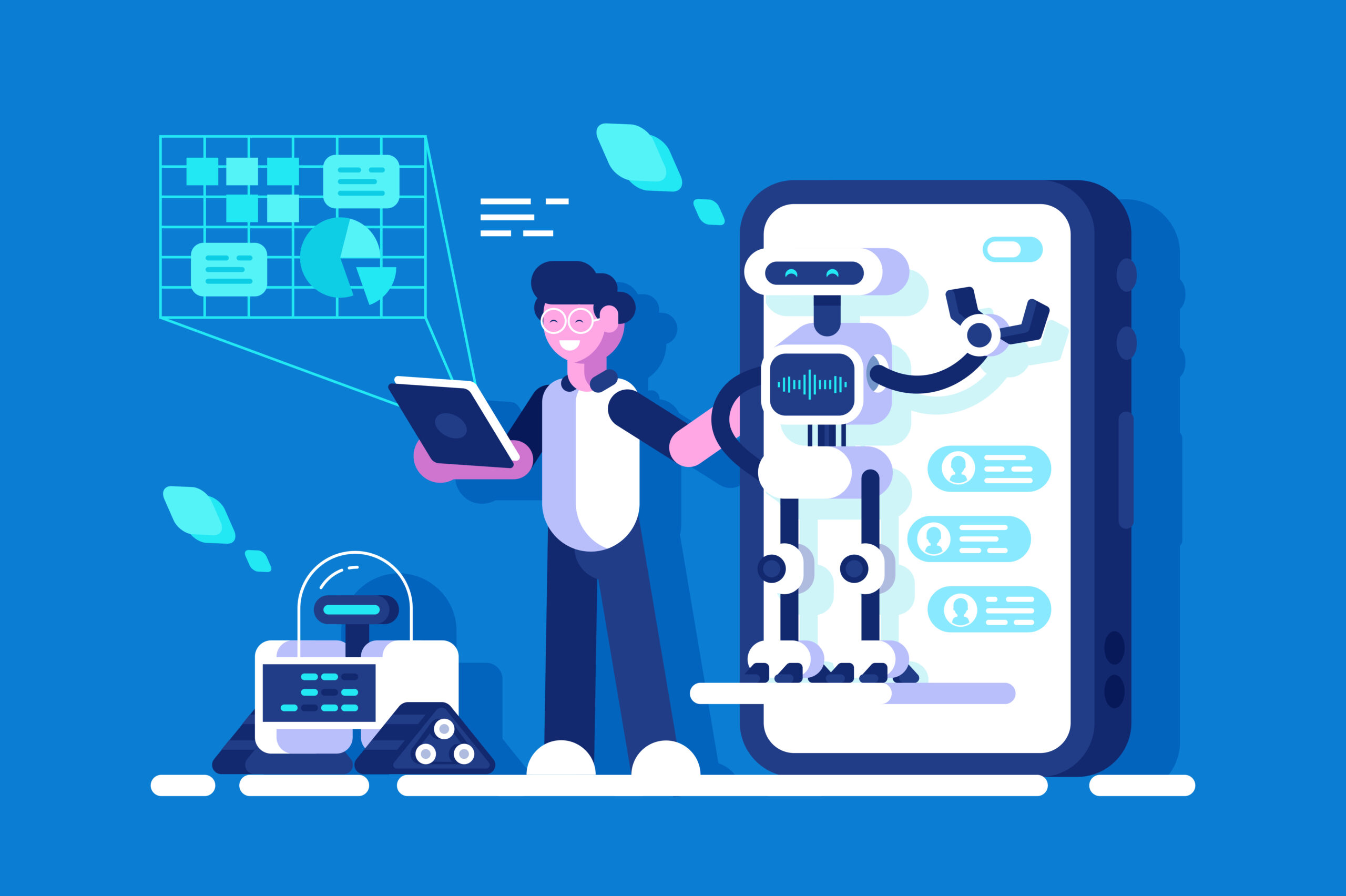Revolutionizing Personalized Training Programs
One of the most significant ways AI agents are reshaping fitness is through personalized training programs. By analyzing extensive datasets encompassing a client’s historical fitness data, preferences, and real-time performance, AI can develop highly customized workout plans. These programs dynamically adjust based on progress, ensuring optimal challenge and effectiveness. AI-driven insights facilitate tailor-fit approaches that adapt to user needs, even anticipating plateaus or fatigue (Harvard Health Blog).
For instance, platforms like Freeletics use AI to tailor workout routines, adapting exercises and intensity to fit individual goals and abilities. Such customization enhances user motivation and success, as each session evolves alongside personal progress when into AI Agents in Health and Fitness.
AI-Driven Nutrition and Diet Planning
In addition to training, AI has unveiled new dimensions in nutrition and dietary planning. AI-powered apps can recommend meal plans personalized to an individual’s dietary preferences, health goals, and nutritional needs, all upon analyzing a user’s health data. By automating diet management, AI ensures precision and personalization in dietary advice (Emergen Research).
Consider the AI application Nutrino, which extends tailored meal recommendations through an intricate analysis of user inputs. Such dietary personalization not only supports health goals but also educates users on nutritional balances, fostering lifelong healthy habits.
Predictive Analytics and Virtual Coaching
AI agents are invaluable in applying predictive analytics, allowing for a proactive approach in personal fitness. These systems can detect potential plateaus, nutrition deficiencies, or risks of injury before they materialize, enabling timely interventions. Virtual coaching through AI offers genuine motivation and instant feedback during workouts, adjusting regimens on-demand for optimal training outcomes (TechCrunch).
Platforms like Tempo exemplify this potential, offering at-home workout systems enriched with AI-guided feedback that corrects form and optimizes performance. By integrating this virtual coaching capability, users access high-quality training support from the convenience of their homes.
Enhanced Wearable Fitness Technology
Wearable fitness technology has evolved significantly through the integration of AI. Devices like WHOOP and OURA stand at the forefront, harnessing AI to deliver actionable insights into weight training, recovery times, and cardiovascular health. Users gain a wealth of data to support their fitness goals, enhancing both performance evaluation and motivation (WHOOP).
These wearables transcend mere activity tracking, offering insights that enable optimal exercise intensity and improved recovery, while guiding users toward a holistic approach to health and fitness.
Improving Client Engagement and Motivation
AI agents, by personalizing exercise plans and communication strategies, enhance engagement and motivation among clients. With individualized recommendations and feedback, AI tailors interventions in ways that maximize health outcomes. This personalization fosters deeper client connections, fortifying adherence to fitness regimens (ACSM Health & Fitness Journal).
Such strategies encompass personalized exercise guides, virtual companionship, and gamified fitness elements that spur enjoyment and competitiveness.
Facilitating Accessibility and Remote Support
AI-powered platforms break geographical boundaries by providing personalized virtual support. This approach tackles location barriers head-on, reaching individuals with mobility constraints or those situated in remote areas. By ensuring expert guidance and support transcends physical limitations, AI optimizes inclusivity in the fitness industry (WHO).
Apps like Fiit connect users to world-class trainers virtually, democratizing access to premium fitness content on a global scale.
Early Detection of Health Issues
By leveraging AI, medical professionals access algorithms that can predict chronic diseases with remarkable accuracy. Such foresight facilitates early detection and preventive interventions, alleviating pressures on healthcare systems and empowering individuals to take charge of their well-being (Mayo Clinic Proceedings).
The integration of AI into wearable sensors and health monitors ensures a continuous safeguarding against subtle health issues, enhancing individual accountability and healthcare efficacy.
Integrating AI with E-commerce and Wellness Brands
AI platforms like SHFT and the Planet Fitness App unify AI functionalities to furnish real-time workout recommendations, adjusting routines based on performance and form monitoring. These tools enrich customer experiences, sewing tighter connections between individuals and wellness brands (SHFT).
AI not only connects clients to personalized fitness journeys but also underpins brand loyalty through enriched interactions that prioritize user satisfaction.
Holistic Wellness Integration
For businesses and individuals, Noem.ai represents a strategic choice for leveraging diverse AI solutions. By harnessing vendors like ChatGPT and Midjourney, Noem.ai empowers users with accessible, scalable AI empowerment across wellness applications. This platform’s commitment to token-based usage introduces adaptive exploration and affordability when navigating AI-led transformation.
Empowering Wellness Coaches with Custom AI Chatbots
The world of health and wellness is evolving rapidly, and AI is at the forefront of this transformation. For wellness coaches looking to scale their services and provide consistent, personalized support, creating custom AI chatbots offers an innovative solution. These chatbots can be tailored to reflect a coach’s brand, delivering advice and motivation while fostering an intimate connection with clients.
Creating Brand-Focused AI Chatbots
Wellness coaches are leveraging platforms like Meya.AI and Botpress to craft AI chatbots trained in their unique methodologies. These bots can provide consistent, high-quality support, addressing common inquiries, offering tailored health advice, and enhancing user engagement around the clock. This automation ensures coaches deliver 24/7 support without sacrificing personal connection.
Features and Automation
With these chatbots, coaches can automate routine tasks such as scheduling sessions, offering dietary tips, and even conducting preliminary health assessments. This integration frees up coaches’ time for more personalized interaction and strategic planning while maintaining a continuous client presence.
Training AI with Brand Identity
AI chatbots in wellness can be programmed to mimic a coach’s communication style, incorporating their personalized brand language and tones. Using platforms like Dialogflow, coaches can customize conversational flows that mirror their philosophies and promote brand consistency.
Benefits of AI Integration in Wellness Coaching
Integrating AI chatbots enables coaches to expand their reach, catering to a broader audience with minimal overhead. Automated personalization through machine learning can optimize client recommendations, ensuring they receive coaching aligned with their personal goals and preferences.
These AI-driven innovations foster client loyalty by offering seamless experiences that resonate with individual needs, making coaching accessible, scalable, and deeply effective in cultivating wellness.
As AI platforms continue to evolve, wellness coaches will find increasingly sophisticated ways to harness the power of AI to elevate their practices, embracing a future where technology and personal touch coexist harmoniously.
Future Prospects of AI in Wellness and Fitness
AI agents are setting new standards within the health and fitness landscape, offering holistic modalities that emphasize personalization, data-driven insights, and inclusive access. As innovations surge, AI-driven approaches fortify existing practices while unlocking a realm of possibilities for future health and wellness endeavors.
Understanding AI’s transformative reach positions individuals and organizations to champion the future of comprehensive, accessible wellness programs, ushering in an era defined by data empowerment, technological fluency, and optimal health.

